Google Gemini's flawed AI racial images seen as warning of tech titans' power
Google's Gemini AI app's errors spark criticism and discussions on tech titans' control over AI platforms at SXSW festival. Experts highlight the importance of diversity and transparency in AI development to address biases and flaws in algorithms.
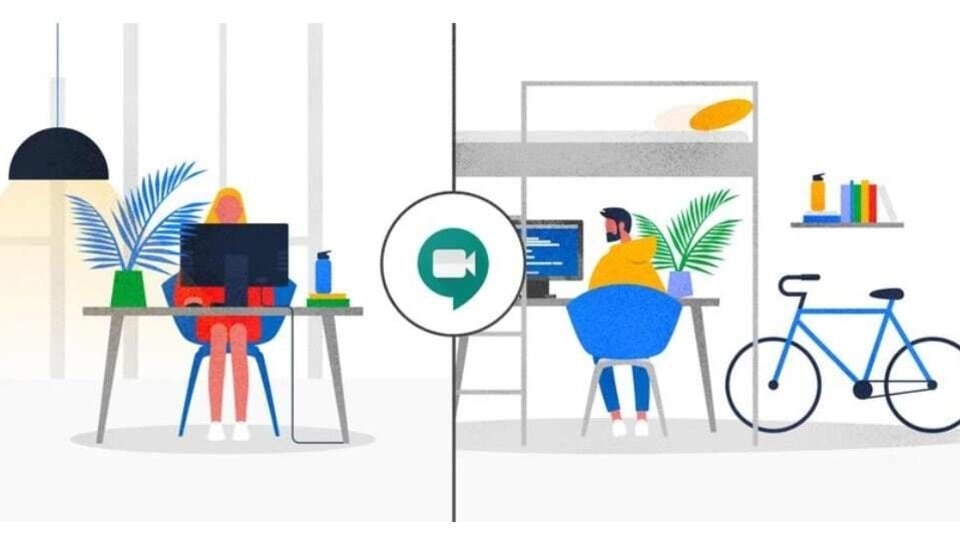
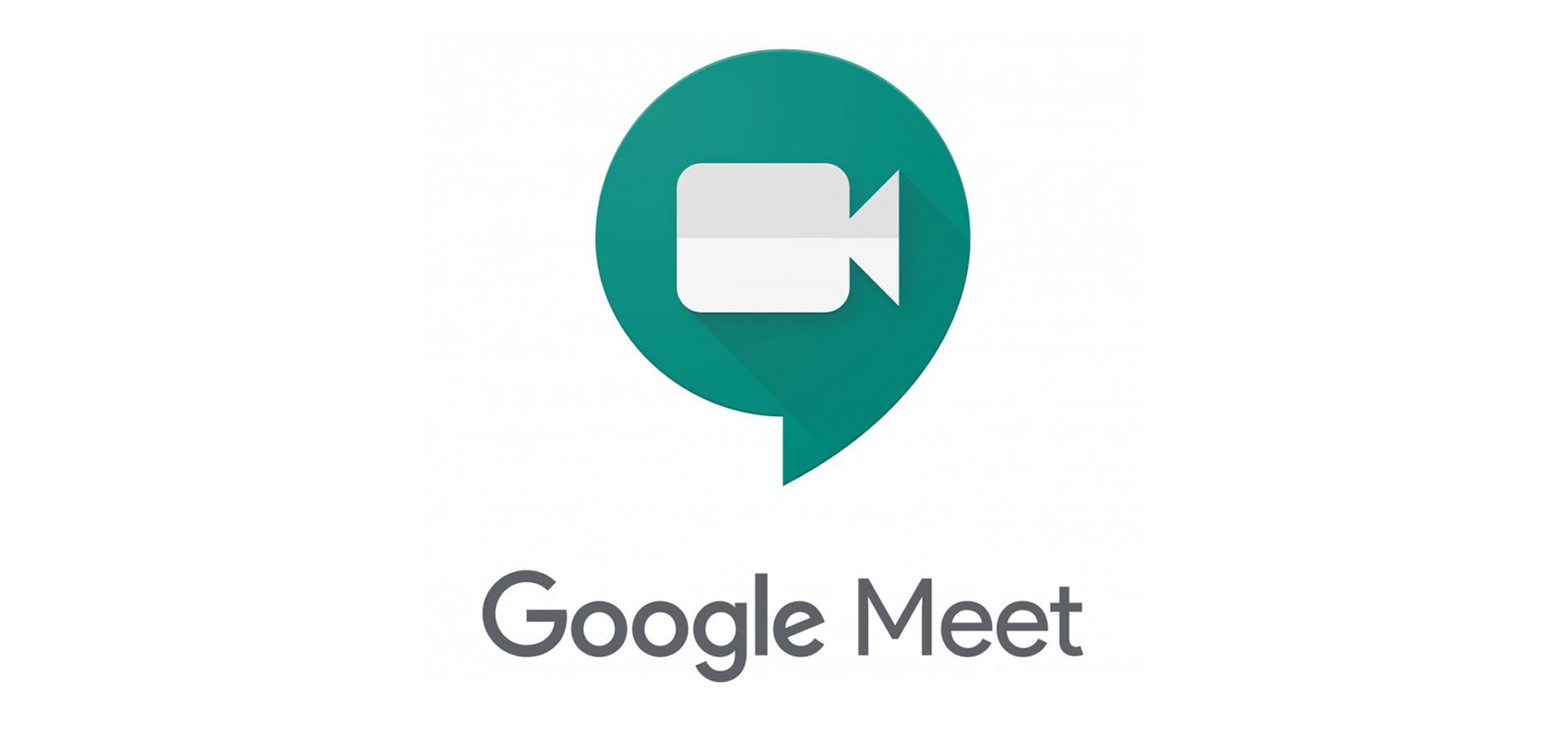
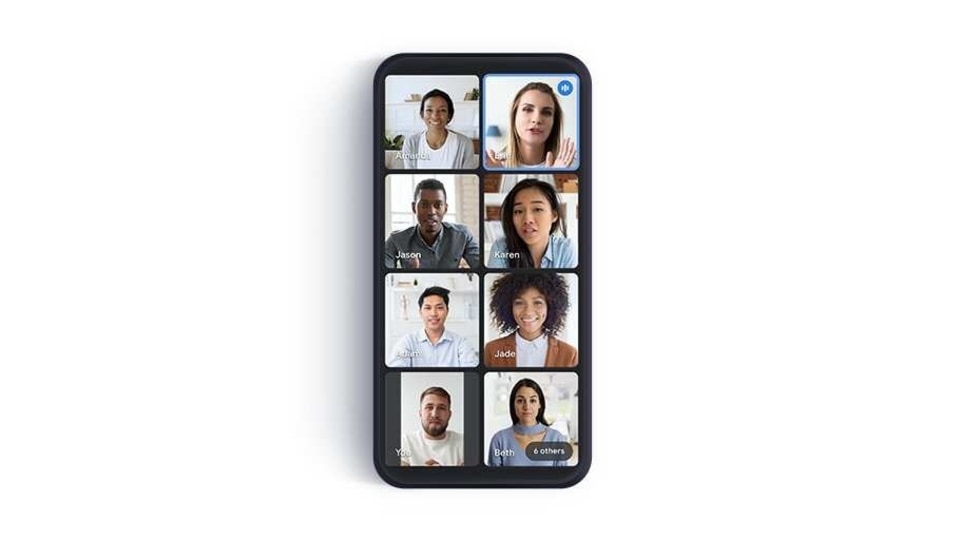
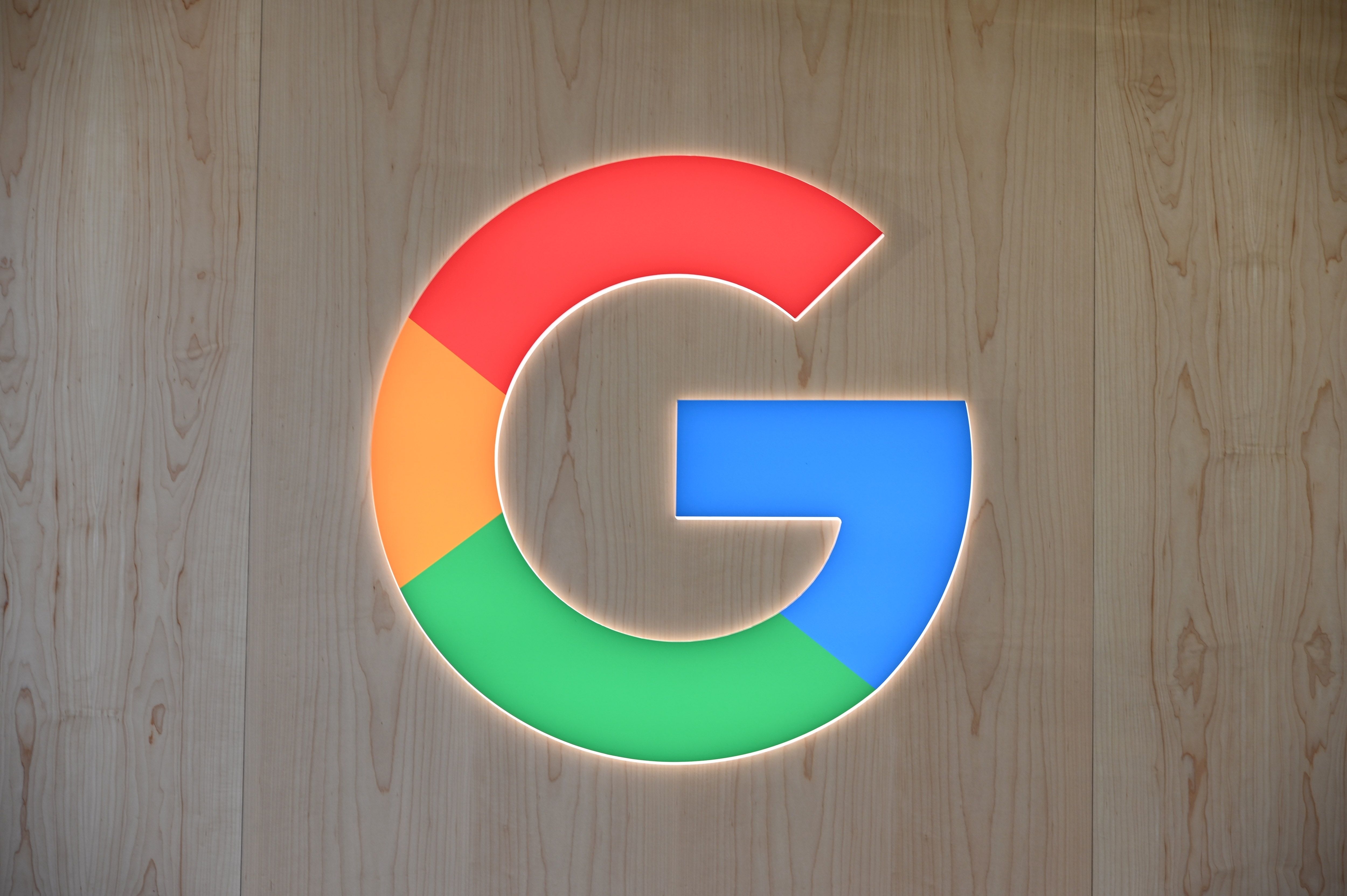
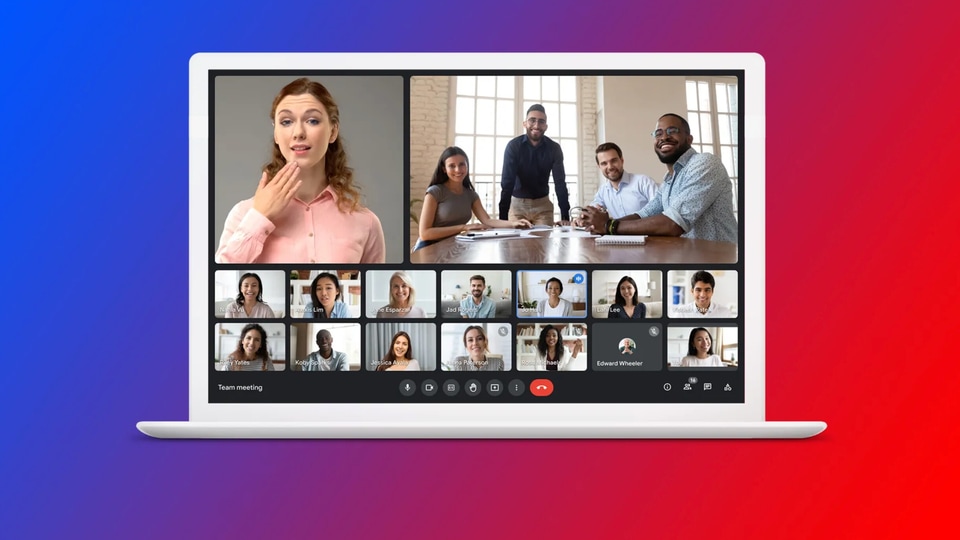
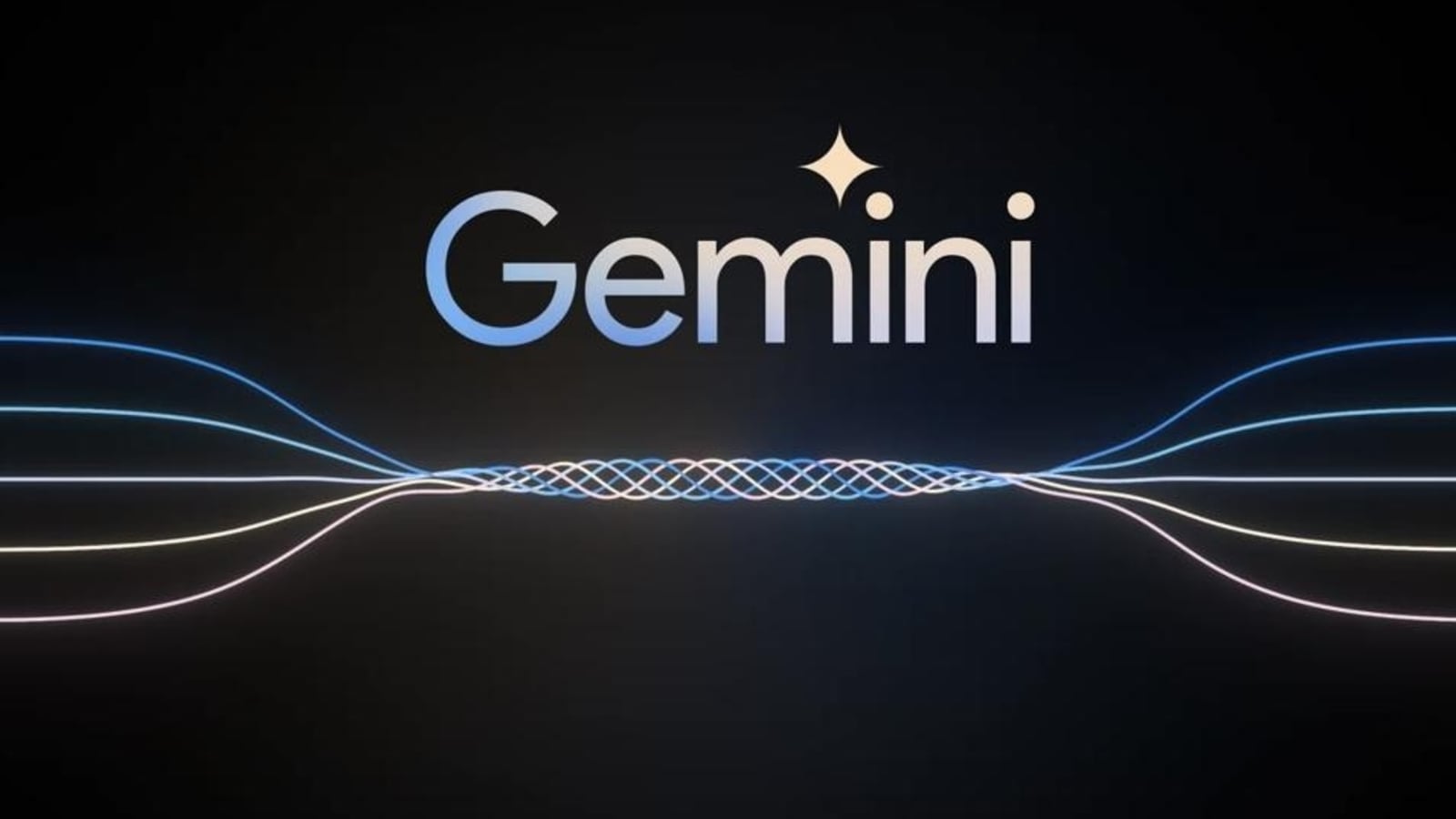
 View all Images
View all ImagesFor people at the trend-setting tech festival here, the scandal that erupted after Google Gemini chatbot cranked out images of Black and Asian Nazi soldiers was seen as a warning about the power artificial intelligence can give tech titans. Google CEO Sundar Pichai last month slammed as "completely unacceptable" errors by his company's Gemini AI app, after gaffes such as the images of ethnically diverse Nazi troops forced it to temporarily stop users from creating pictures of people.
Social media users mocked and criticized Google for the historically inaccurate images, like those showing a female black US senator from the 1800s -- when the first such senator was not elected until 1992.
"We definitely messed up on the image generation," Google co-founder Sergey Brin said at a recent AI "hackathon," adding that the company should have tested Gemini more thoroughly.
Also read: The ownership of content in the age of artificial intelligence
Folks interviewed at the popular South by Southwest arts and tech festival in Austin said the Gemini stumble highlights the inordinate power a handful of companies have over the artificial intelligence platforms that are poised to change the way people live and work.
"Essentially, it was too 'woke,'" said Joshua Weaver, a lawyer and tech entrepreneur, meaning Google had gone overboard in its effort to project inclusion and diversity.
Google quickly corrected its errors, but the underlying problem remains, said Charlie Burgoyne, chief executive of the Valkyrie applied science lab in Texas.
He equated Google's fix of Gemini to putting a Band-Aid on a bullet wound.
While Google long had the luxury of having time to refine its products, it is now scrambling in an AI race with Microsoft, OpenAI, Anthropic and others, Weaver noted, adding, "They are moving faster than they know how to move."
Mistakes made in an effort at cultural sensitivity are flashpoints, particularly given the tense political divisions in the United States, a situation exacerbated by Elon Musk's X platform, the former Twitter.
Also read: McDonald's outages! Big Mac goes Big Tech, with quite a few hiccups
"People on Twitter are very gleeful to celebrate any embarrassing thing that happens in tech," Weaver said, adding that reaction to the Nazi gaffe was "overblown."
The mishap did, however, call into question the degree of control those using AI tools have over information, he maintained.
In the coming decade, the amount of information -- or misinformation -- created by AI could dwarf that generated by people, meaning those controlling AI safeguards will have huge influence on the world, Weaver said.
Bias-in, Bias-out
Karen Palmer, an award-winning mixed-reality creator with Interactive Films Ltd., said she could imagine a future in which someone gets into a robo-taxi and, "if the AI scans you and thinks that there are any outstanding violations against you... you'll be taken into the local police station," not your intended destination.
AI is trained on mountains of data and can be put to work on a growing range of tasks, from image or audio generation to determining who gets a loan or whether a medical scan detects cancer.
But that data comes from a world rife with cultural bias, disinformation and social inequity -- not to mention online content that can include casual chats between friends or intentionally exaggerated and provocative posts -- and AI models can echo those flaws.
With Gemini, Google engineers tried to rebalance the algorithms to provide results better reflecting human diversity.
The effort backfired.
"It can really be tricky, nuanced and subtle to figure out where bias is and how it's included," said technology lawyer Alex Shahrestani, a managing partner at Promise Legal law firm for tech companies.
Even well-intentioned engineers involved with training AI can't help but bring their own life experience and subconscious bias to the process, he and others believe.
Valkyrie's Burgoyne also castigated big tech for keeping the inner workings of generative AI hidden in "black boxes," so users are unable to detect any hidden biases.
"The capabilities of the outputs have far exceeded our understanding of the methodology," he said.
Experts and activists are calling for more diversity in teams creating AI and related tools, and greater transparency as to how they work -- particularly when algorithms rewrite users' requests to "improve" results.
A challenge is how to appropriately build in perspectives of the world's many and diverse communities, Jason Lewis of the Indigenous Futures Resource Center and related groups said here.
At Indigenous AI, Jason works with farflung indigenous communities to design algorithms that use their data ethically while reflecting their perspectives on the world, something he does not always see in the "arrogance" of big tech leaders.
His own work, he told a group, stands in “such a contrast from Silicon Valley rhetoric, where there's a top-down 'Oh, we're doing this because we're going to benefit all humanity' bullshit, right?”
Catch all the Latest Tech News, Mobile News, Laptop News, Gaming news, Wearables News , How To News, also keep up with us on Whatsapp channel,Twitter, Facebook, Google News, and Instagram. For our latest videos, subscribe to our YouTube channel.































